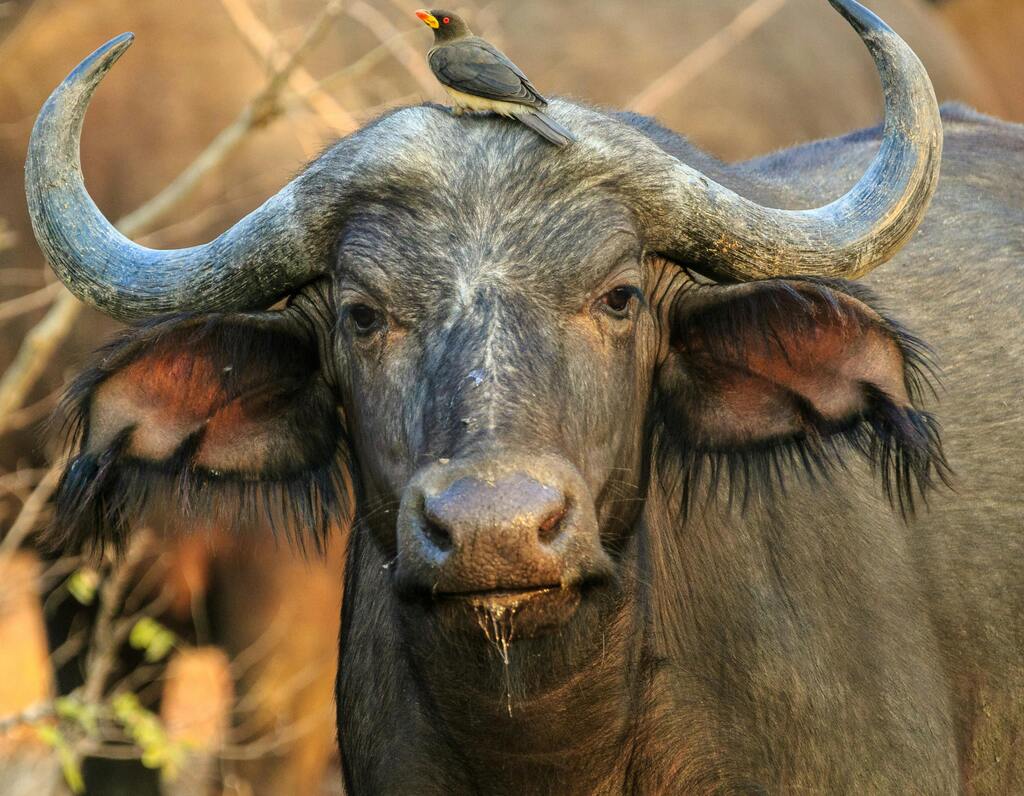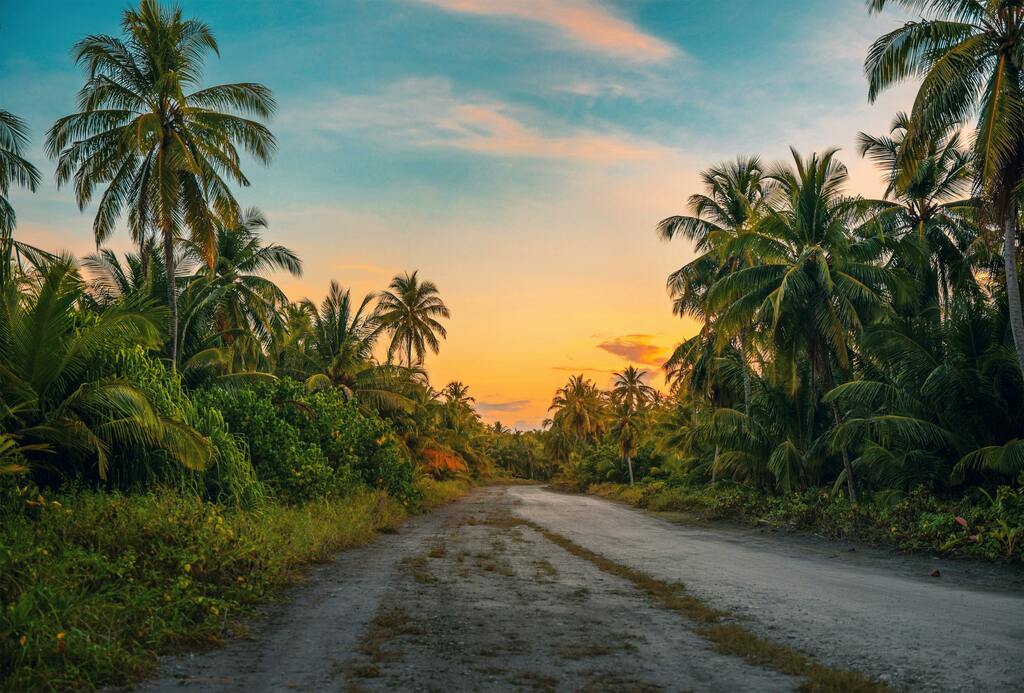Kyabobo National Park

Buffalo
Kyabobo National Park
Located in the Oti Region, at the foot of the Togo Mountains. A transitional zone between forest and savannah ecosystems.
Kyabobo National Park is a protected mountainous conservation area in Ghana's Oti Region, near the border with Togo, known for its unique dry semi-deciduous forests and savannah vegetation, which support diverse wildlife like buffalo and unique endemic trees. The park is an ecotourism destination featuring hiking and trekking opportunities up Mount Dzebobo, a historic slave route, and the scenic Laboun waterfalls, offering cultural experiences with local communities, according to fcghana.org and Visit Ghana..
Location and Ecology
Location: Situated in the Nkwanta district of the Oti Region, bordering Togo.
Vegetation: The park encompasses a transition zone between tropical rainforest and tree savanna, featuring dry semi-deciduous forests on its slopes and savannah at lower elevations.
Biodiversity: It hosts a variety of wildlife including buffalo, warthogs, baboons, and duikers. The park also contains the nationally endangered endemic tree Talbotiella gendtii.
Attractions & Activities
Mountain Hiking: Visit Mount Dzebobo, the second-highest mountain in Ghana, for impressive views of Lake Volta.
Waterfalls: Explore the scenic Laboun waterfalls.
Cultural Encounters: Engage with local communities and learn about their traditions.
Birdwatching: Discover a wide array of bird species in the park.
Historical Interest: The park is near the historic Kete-Krachi slave route.
Tourism and Infrastructure
Ecotourism:
The park is an emerging ecotourism site, ideal for adventure and nature lovers.
Accommodation:
Camping facilities are available within the park, or visitors can find accommodations in nearby towns.
Access:
Access is primarily by road, with the nearest town being Nkwanta.
Trans-Frontier Potential:
Plans are in development to link Kyabobo with the contiguous Fazao-Malfacassa National Park in Togo, potentially creating Ghana's first trans-frontier park.
Challenges
Road Conditions:
Poor road conditions have been a barrier to tourism, though efforts are underway to improve access.
Poaching:
The park faces challenges from poaching, with conservation efforts including introducing livelihood interventions like beekeeping for local communities and the need for improved patrol technology.

Tropical forest road, at sunset.